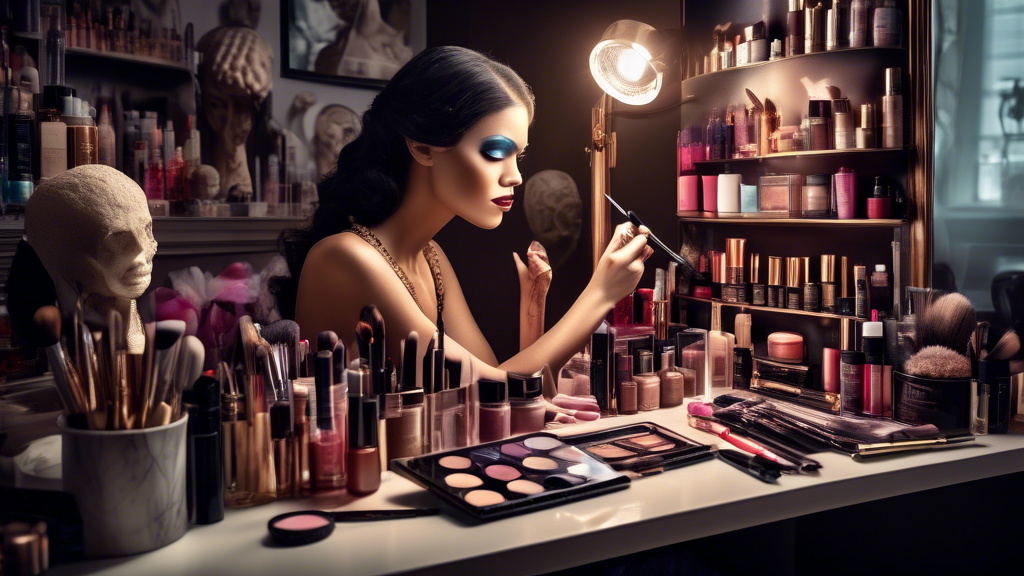Makeup cosmetology is a captivating field that seamlessly blends artistic creativity with scientific precision. Whether transforming a face for a glamorous night out or subtly enhancing natural beauty for everyday wear, makeup artists play a pivotal role in shaping personal aesthetics and boosting confidence. This profession requires a deep understanding of products, application techniques, and an intuitive sense of aesthetic balance.
The Art of Makeup Cosmetology
At its core, makeup cosmetology is a true art form. Similar to painting or sculpting, it involves the creative manipulation of colors, textures, and shapes to create desired effects. Makeup artists use their skills to craft looks that range from the natural to the theatrical, highlighting an individual's features while concealing imperfections.
Masterful makeup artists possess a keen eye for detail and an ability to envision the final outcome before it even begins. They understand how various elements like lighting, skin tone, and face shape can influence the overall appearance. This artistic aspect of makeup is why many professionals view their work as part artistry and part craft, requiring both innate talent and practiced skill.
The Science Behind Makeup Cosmetology
The science of makeup cosmetology is equally important as its artistic side. A comprehensive knowledge of skin anatomy, chemistry, and product formulation is essential for effective and safe application. Professional makeup artists need to be aware of skin types and conditions to choose appropriate products that enhance without causing harm.
Additionally, understanding the chemical composition of makeup products is crucial. This includes knowledge about various ingredients, their potential effects on the skin, and how different products interact with one another. This scientific expertise ensures that makeup not only looks good but also remains safe and long-lasting under various conditions.
Techniques and Tools
Makeup cosmetology involves a wide array of techniques and tools tailored to achieve specific looks. Brushes, sponges, and specialized applicators are essential tools in a makeup artist's kit. Each serves a distinct purpose, from blending foundation seamlessly to applying eyeshadow with precision.
Techniques such as contouring, highlighting, strobing, and baking have revolutionized the makeup industry. These methods sculpt and define facial features, creating illusions of depth and dimension. Airbrushing is another advanced technique that provides a flawless, long-lasting finish and is often used for special occasions or in high-definition media.
Career Opportunities and Education
A career in makeup cosmetology offers diverse opportunities in various industries. Makeup artists may find themselves working in fashion, film and television, theater, special effects, bridal services, or as editorial and commercial artists. Each area requires specialized skills and knowledge tailored to that sector’s needs.
Education and continuous learning are critical in this ever-evolving field. Many makeup artists attend cosmetology or specialized makeup schools to gain foundational knowledge and practical skills. Advanced courses, workshops, and industry seminars help professionals stay updated with the latest trends and techniques.
Conclusion
Makeup cosmetology is much more than merely applying beauty products; it is an intricate dance between art and science. Through a deep understanding of aesthetic principles and scientific knowledge, makeup artists enhance beauty, express creativity, and build confidence. The journey to mastering this craft is ongoing, marked by continuous learning and an ever-present passion for the transformative power of makeup.

